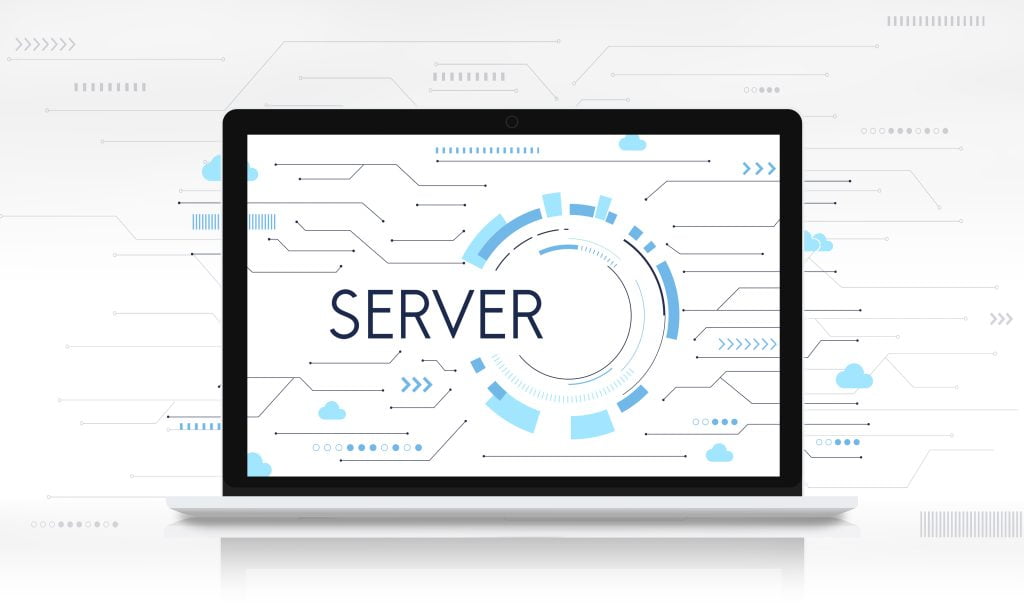
1. Why is server performance crucial for my website?
Server performance directly affects user experience, search engine rankings, and bounce rates. A slow website can drive users away and harm your online visibility.
2. What’s the difference between shared, VPS, and dedicated hosting concerning server performance?
Shared hosting shares resources among multiple websites, potentially slowing down performance. VPS offers dedicated resources virtually, while dedicated hosting provides exclusive resources for optimal performance.
3. How do I know if my server’s performance is lagging?
Slow page load times, high bounce rates, and frequent downtime are indicators of poor server performance.
4. What is caching, and how does it improve server speed?
Caching stores frequently used data for quick retrieval, reducing the need for repeated processing and enhancing server response times.
5. How can security breaches affect my server performance?
Security breaches can lead to compromised resources, increased server load, and even server downtime due to malicious activities.
6. How does optimizing backend code lead to better server performance?
Efficient backend code processes requests faster, reducing server load and improving response times.
7. Can excessive HTTP requests be avoided with good website design?
Yes, by consolidating files, using sprites, and minimizing third-party scripts, you can decrease the number of HTTP requests.
8. How does the latest PHP version enhance server performance?
Newer PHP versions often include optimizations that improve code execution speed and overall server performance.
9. Do I need technical expertise to implement these server optimization strategies?
Some strategies may require technical knowledge, but many can be implemented with the help of guides, tools, and plugins.
10. Can I see the results of server optimization in real-time?
Yes, using real-time monitoring tools, you can observe the immediate impact of optimization strategies on server performance.
11. What are the key benefits of server performance optimization?
Server performance optimization leads to faster page load times, improved user experience, higher search engine rankings, reduced bounce rates, and enhanced overall website credibility.
12. How can caching mechanisms be effectively implemented for different types of websites?
Caching techniques can vary based on the type of content and website. Static content like images, CSS, and JavaScript can be cached on the browser and server, while dynamic content can benefit from server-side caching or Content Delivery Networks (CDNs).
13. Are there any risks associated with server optimization strategies?
Implementing server optimization strategies without proper knowledge can lead to unintended consequences like broken functionality or reduced security. It’s important to thoroughly test any changes and monitor their impact.
14. What are some common tools and plugins for server performance optimization?
There are several tools and plugins available, such as W3 Total Cache and WP Super Cache for WordPress websites, or Varnish Cache for server-side caching. Content Delivery Networks like Cloudflare can also enhance performance.
15. How frequently should I monitor and adjust server optimization strategies?
Regular monitoring is recommended, especially after making changes to your website or server configuration. Trends and patterns in user behavior and performance metrics can guide necessary adjustments.
16. How does responsive web design influence server performance?
Responsive web design ensures your website adapts seamlessly to different devices and screen sizes. While it doesn’t directly affect server performance, it contributes to user experience, potentially impacting bounce rates and search engine rankings.
17. What role does hosting provider selection play in server performance?
Choosing the right hosting provider and plan is crucial. Reliable providers offer optimized server environments, necessary resources, and technical support, all of which influence your website’s performance.
18. Can I apply server performance strategies to mobile applications as well?
Yes, many server optimization principles, such as caching and efficient backend code, can be applied to mobile applications to ensure fast and responsive user experiences.
19. Is it possible to over-optimize a server?
Yes, over-optimization can occur if changes are made without proper testing and consideration. It’s important to strike a balance between optimization and maintaining functionality.
20. How can I stay updated on the latest trends in server performance optimization?
Following industry blogs, attending webinars, and keeping up with relevant online communities can help you stay informed about the latest advancements and best practices in server performance optimization.
Leave a comment
You must be logged into post a comment.

Comments: 2
Pingbacks and Tracebacks
[…] not the only consideration. Your choice should align with your specific needs, technical expertise,performance, resource requirements, and scalability goals. If you’re comfortable with server management […]